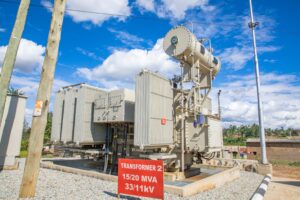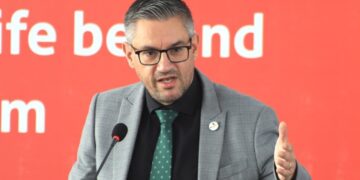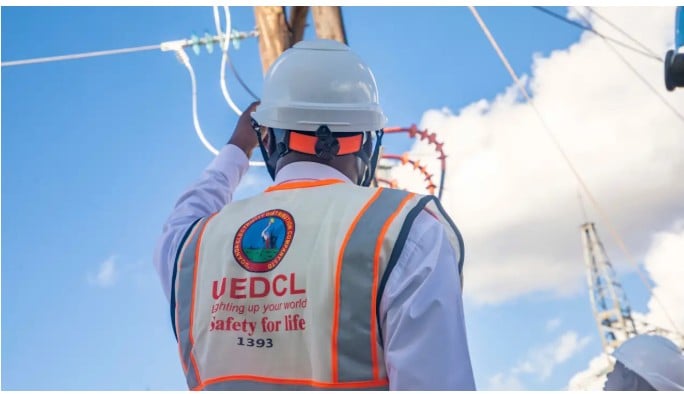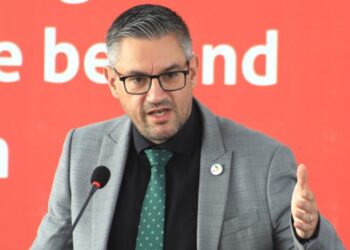OPINION
Editor, early this month on 1st 2025, the media reported that the Ministry of Energy and Mineral Development (MEMD) together with the state minister commissioned a 6.6 Nyagak hydro power plant in Zombo district. The 6.6MW is expected to increase reliability and affordability of power in West Nile. Additionally, last month in July, the government also rolled out Shs 2.2 trillion free power connection for more than 900,000 households under the Electricity Access Scale up Project. While these projects sound great as they target to increase electricity access in the country however, they should go hand in hand with the affordable power tariffs that favors all Ugandans no matter of their class.
For several decades now, the Ugandan government has invested in several hydropower dams and implemented several policies such as Free Electricity Connection Policy (ECP), Rural Electrification Strategy (RESP 1&11), among others, all aimed at promoting electricity access in the country for socio-economic transformation. These projects where government and development partners have invested billions of monies have largely failed to deliver.
This is because of the significant disparities that still persist in electricity sector such as unaffordability, corruption, high connection costs among others, despite Uganda’s robust policy framework to promote electricity as a driver of socio-economic transformation, as outlined in the National Development Plans III, IV, Uganda’s Vision 2040, the 2007 Renewable Energy Policy, and the 2023 National Energy Policy
Although the government has markedly increased the nation’s installed electricity capacity from 609.4 MW in 2012 to 2048.1 MW by the end of 2024 through investing in several hydropower dams such as Karuma, Bujagali, Isimba among others and implemented policies such as the Free Electricity Connection Policy to boost rural electricity access to 60 % by 2027, national grid electricity access still remains low at only 25.3 %, with rural access at a mere 9.1 %
This surplus power raises critical questions about its real benefits to Ugandans, particularly the Vulnerable who live under poverty line and cannot afford the current power tariffs that remain low. Also the high debt burden on these electricity projects such as dams among others which have failed to bring returns on investments, make this generated electricity remains wasted, costing poor Ugandans taxpayers’ money, this has also contributed to energy poverty in the country.
Notwithstanding Uganda’s evident commitment to enhancing rural electrification through substantial investments in infrastructure and subsidies, a critical gap persists between policy intentions and execution due to inadequately addressed issues like high initial connection costs, affordability, and reliability.
 According to the United Nation Development Programme (UNDP) 2025 report, it is noted that over 90% of the population still cook with solid biomass such as charcoal, wood and other fuels. This necessitates an urgent recalibration of strategies to effectively address the sector’s barriers and fully harness electricity’s potential to drive national development.
According to the United Nation Development Programme (UNDP) 2025 report, it is noted that over 90% of the population still cook with solid biomass such as charcoal, wood and other fuels. This necessitates an urgent recalibration of strategies to effectively address the sector’s barriers and fully harness electricity’s potential to drive national development.
The government through the ministry of energy should consider the consumption rate of this already generated power before commissioning other electricity projects because spending too much on constructing dams and the power remains unconsumed is also considered as wastage of government’s resources. It would be appreciated if government could provide insights into the measures that have been put in place to ensure that the reduction in tariffs is implemented effectively and reaches consumers across various regions.
The government also needs to invest that huge money in clean energy alternatives like solar energy, electrified pressure cookers, biogas which is cheap for all kinds of people instead of investing it in those expensive power dams such as Nyagak and many others that are going to benefit few Ugandans.
By Olive Atuhaire,
The writer is a Ugandan Environmentalist
Email: atuhaireolivia72.ao@gmail.com








































